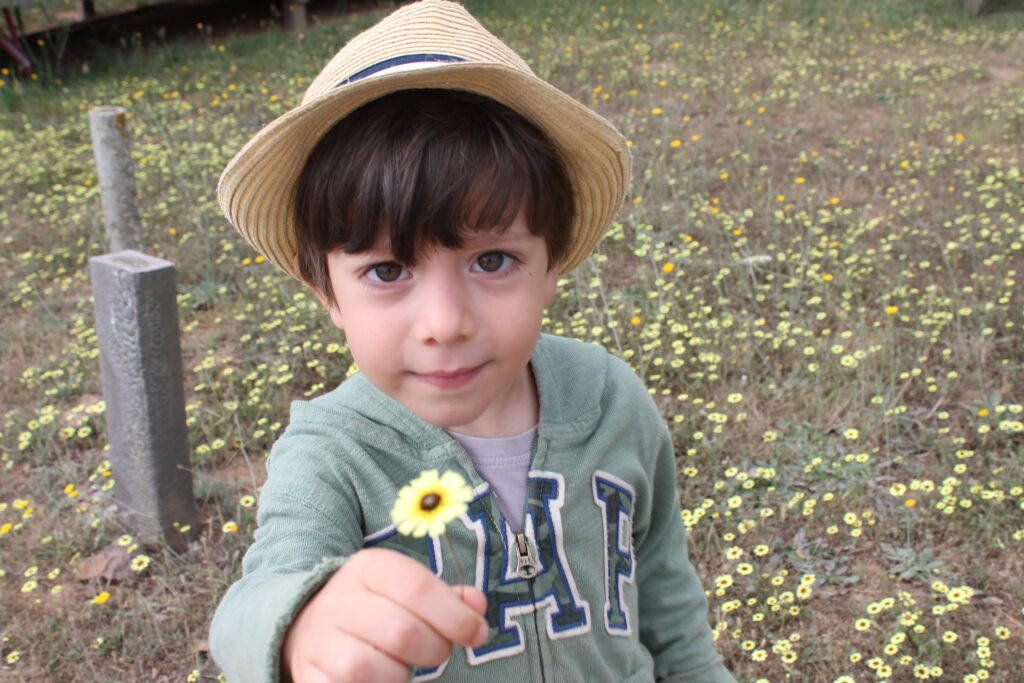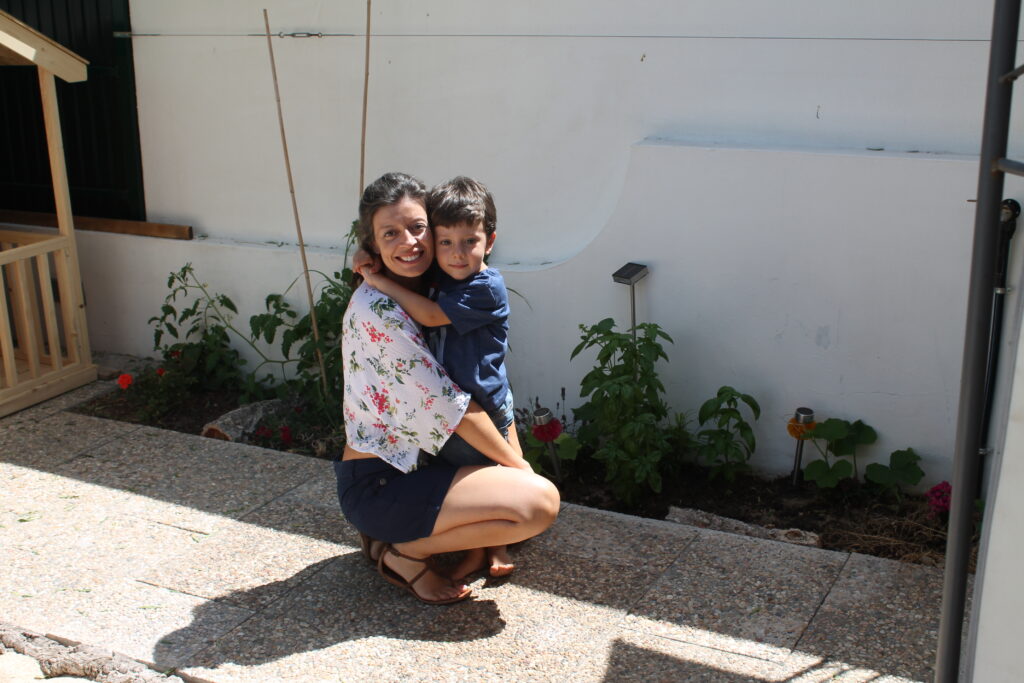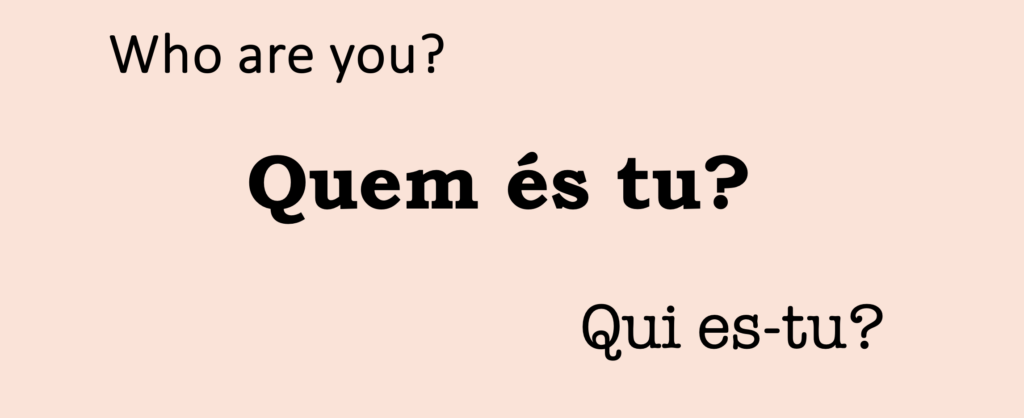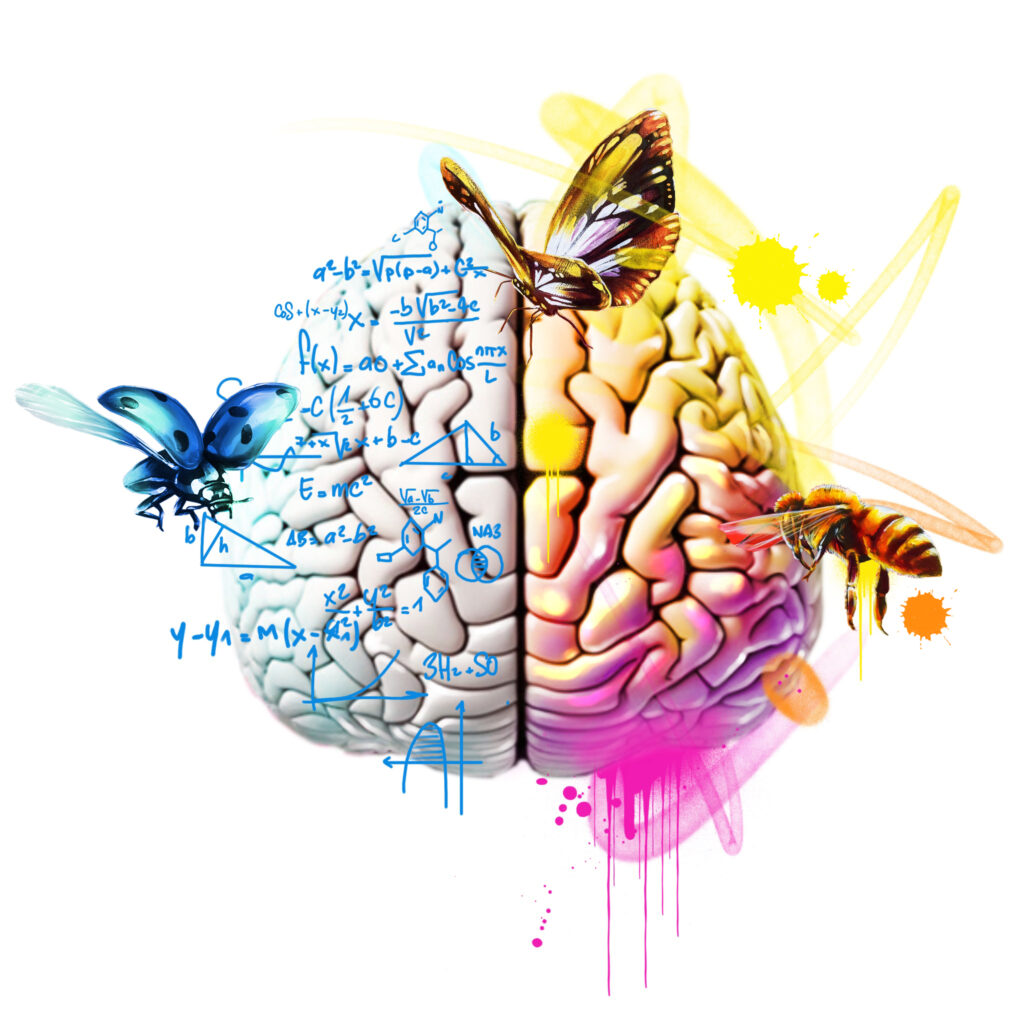“Emotional intelligence is the ability to identify, understand, and use emotions positively to manage anxiety, communicate well, empathise, overcome issues, solve problems, and manage conflicts.”(1)
Knowledge and management of emotions form the basis of emotional intelligence: having the ability to understand where a particular emotion comes from, how it manifests itself within us, what its truth is and how each emotion affects our individual behaviour and our relationship with others. We spend very little time trying to understand and even feel the emotions that manifest in us every day, yet as human beings we are constantly feeling emotions – the most basic ones, such as sadness, joy and anger, as well as more complex emotions such as love or even our ability to marvel. All emotions have a direct or indirect impact on how we feel in our day-to-day lives and how we manage the various situations that arise in our lives. It is our ability to manage our emotions – or our emotional intelligence – that allows us to empathise with others and manage difficult situations such as conflict. It is easy to see when children do not yet have the maturity to manage their emotions, and we even have names for certain manifestations of frustration in children, such as “tantrums”. With adults, however, it is as if we have lost our vocabulary: there are adults who have real tantrums, who behave in ways that we would not accept in children, and yet we excuse ourselves among adults. Or, when things get serious, we insult each other or even resort to violence. An adult who resorts to violence is an adult who cannot manage his or her emotions and who is disconnected from his or her empathy and emotional intelligence.
Regardless of where we are, it is always possible to improve: it is possible to reduce a child poverty rate, improve a work technique or our time to finish a five-kilometre race. With emotional intelligence it is the same, whether you are a child or an adult, you just have to start somewhere.
(1) Drigas AS, Papoutsi C. A new layered model on emotional intelligence. Behav Sci (Basel). 2018;8(5):45. doi:10.3390/bs8050045
Illustration by Dan23





